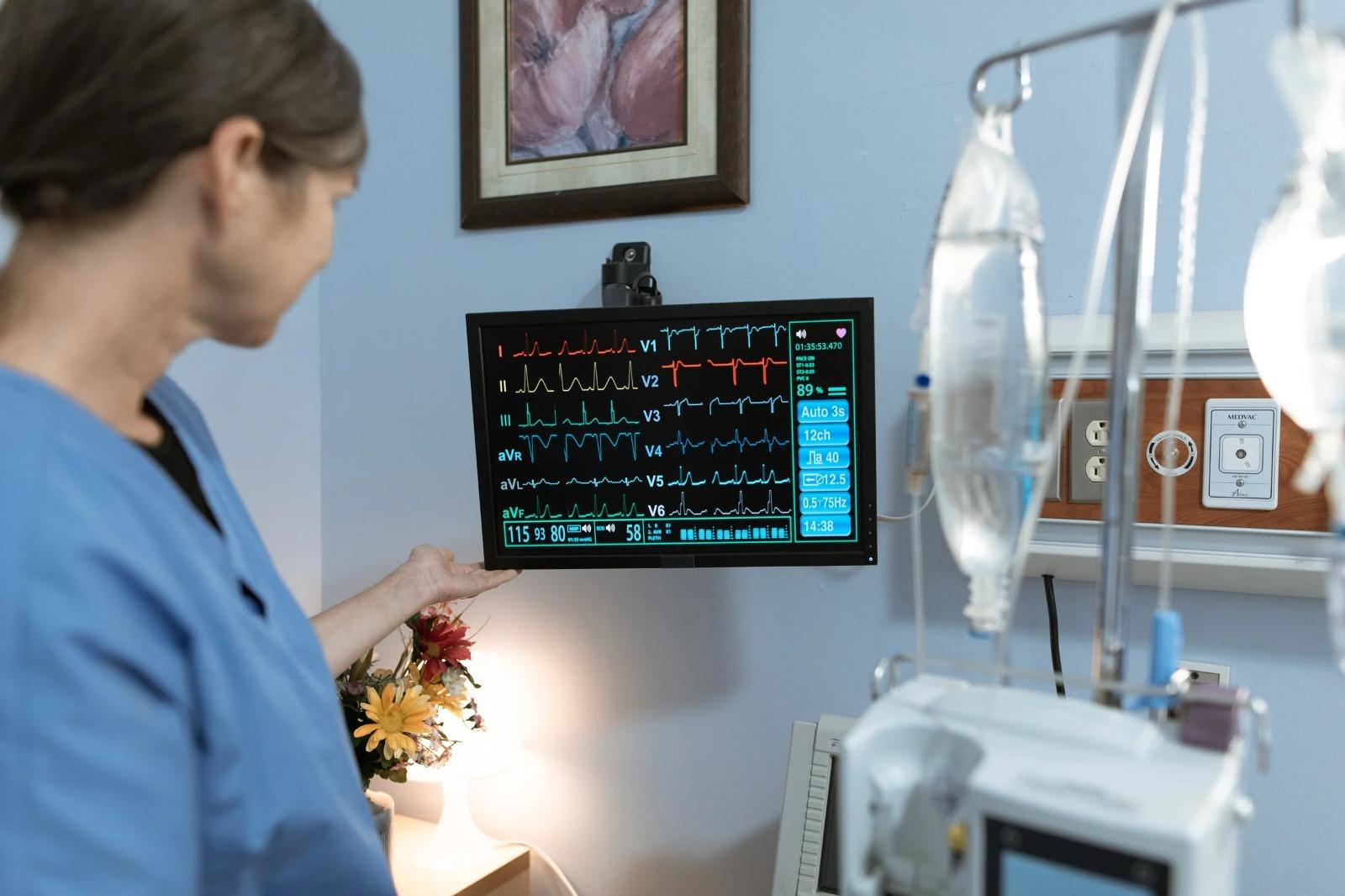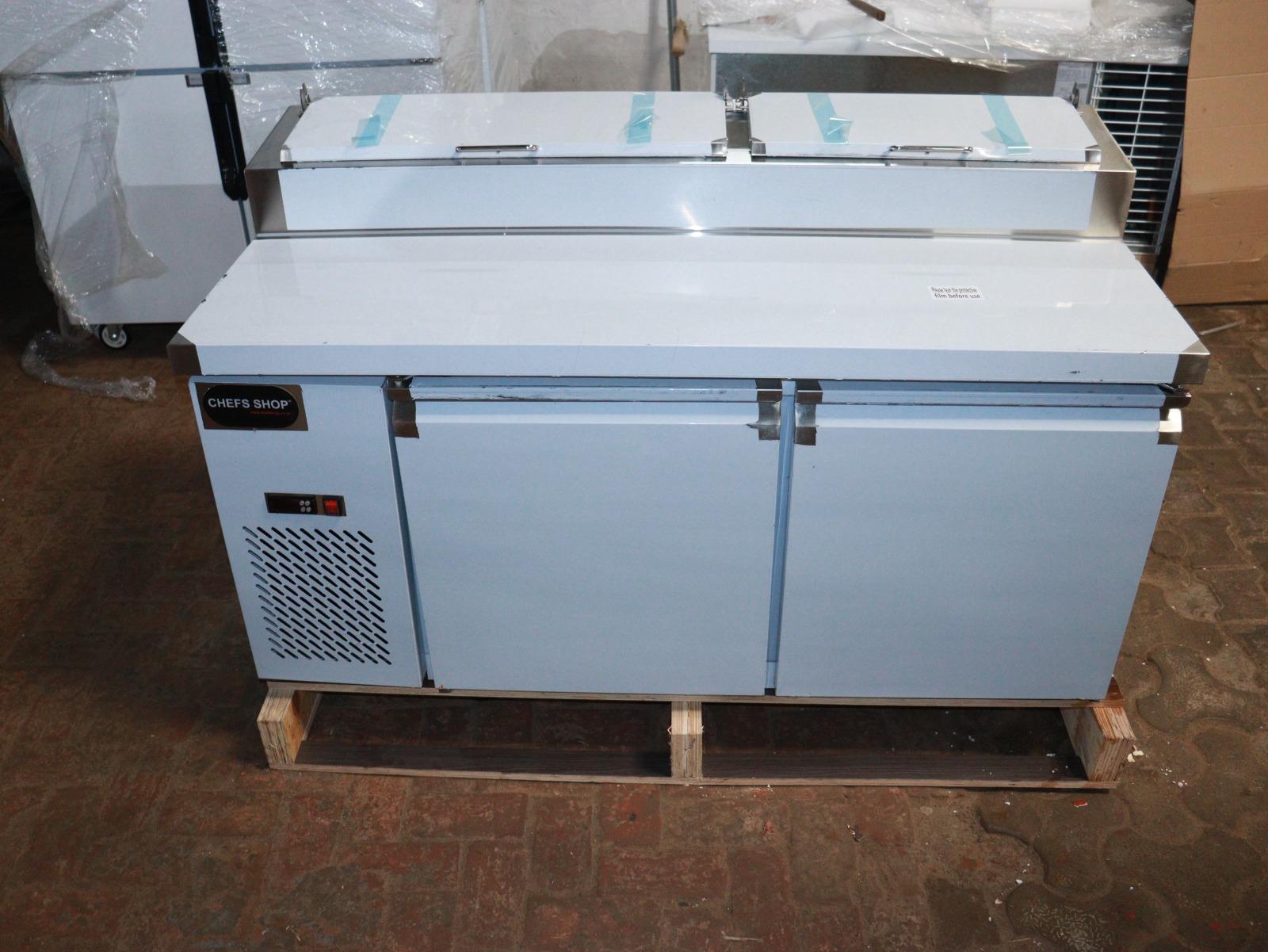Comprehensive Guide to ECG Tests in Bangalore – Find Reliable ECG Testing Services

ECG Test Bangalore: A Complete Guide to Understanding and Choosing the Right ECG Test
When it comes to maintaining good heart health, an Electrocardiogram (ECG) is one of the most crucial diagnostic tests. If you're looking for an ECG test in Bangalore, understanding the process, benefits, and choosing the right service provider is essential. In this comprehensive guide, we'll cover everything you need to know about ECG tests, from what they involve to the best places to get tested in Bangalore. Additionally, we will walk you through frequently asked questions (FAQs) to ensure you have all the information you need to make an informed decision.
What is an ECG Test?
An Electrocardiogram (ECG) is a medical test used to check the electrical activity of the heart. The heart generates electrical impulses that trigger heartbeats, and an ECG records these signals to monitor the heart's rhythm and detect any irregularities. It helps doctors assess whether the heart is functioning properly or if there are underlying conditions that need attention.
ECG tests are painless, quick, and non-invasive. Small electrodes are placed on the skin, usually on the chest, arms, and legs, to record the electrical activity of the heart. The test can provide valuable insights into various heart conditions, such as arrhythmias, heart attacks, and other cardiovascular diseases.
Why Should You Get an ECG Test?
An ECG test in Bangalore can be performed for a variety of reasons. Some common indications for an ECG include:
-
Chest pain: If you're experiencing pain or discomfort in the chest, an ECG can help identify if it's related to a heart condition.
-
Irregular heartbeat: An ECG helps diagnose arrhythmias or irregular heartbeats, which can be a sign of heart disease.
-
Fatigue or shortness of breath: If you're feeling unusually tired or short of breath, an ECG can provide information on your heart's health.
-
Routine check-ups: An ECG is also part of regular health check-ups for those who are at risk of heart disease, such as people with a family history of cardiovascular conditions, high blood pressure, or diabetes.
Types of ECG Tests Available in Bangalore
There are different types of ECG tests that can be performed depending on the medical condition and the level of detail required. The most common types of ECG tests include:
1. Standard 12-lead ECG
This is the most widely used ECG test and is typically done during routine check-ups or when diagnosing a heart condition. It involves attaching electrodes to the chest, arms, and legs to record the heart's electrical activity. The test provides a detailed view of the heart’s rhythm, size, and position, helping to detect a variety of heart diseases.
2. Holter Monitor
A Holter monitor is a portable device worn by the patient to continuously monitor the heart’s activity over 24 to 48 hours. This test is useful for detecting heart irregularities that may not be visible during a short, standard ECG. It is particularly helpful for patients who experience intermittent symptoms, such as dizziness or palpitations.
3. Stress ECG
A stress ECG is performed while the patient is exercising, usually on a treadmill or stationary bike. This test is used to assess how the heart performs under physical stress and can help identify issues such as coronary artery disease, which may not be detected during a resting ECG.
4. Event Monitor
Similar to the Holter monitor, the event monitor is a device that records the heart's activity over a period of several weeks. Unlike the Holter monitor, it records the heart’s activity only when the patient presses a button to initiate the recording during symptoms. This is typically used for patients who experience occasional symptoms.
Choosing the Best ECG Test Services in Bangalore
Bangalore, being a major healthcare hub in India, offers a wide range of diagnostic centers and hospitals that provide ECG tests in Bangalore. However, finding a trustworthy service provider that ensures accuracy, privacy, and excellent customer care can make a significant difference in your health journey. Here are some factors to consider when choosing an ECG test provider in Bangalore:
1. Accreditation and Certification
Make sure that the diagnostic center is accredited by recognized health authorities such as the National Accreditation Board for Testing and Calibration Laboratories (NABL) or the National Board of Examinations (NBE). Certification ensures that the center meets the required standards for conducting medical tests.
2. Quality of Equipment
The quality of the ECG machine used is vital for accurate results. Ensure that the center uses modern, well-maintained equipment to provide precise ECG readings.
3. Experienced Medical Staff
Experienced technicians and cardiologists are crucial for interpreting the ECG results correctly. Choose a diagnostic center with well-trained professionals to ensure that you receive the best care and accurate diagnostics.
4. Reviews and Reputation
Check online reviews and ask for recommendations from family or friends who may have used ECG testing services in Bangalore. A good reputation and positive feedback from previous patients are strong indicators of quality service.
5. Affordability and Accessibility
Consider the pricing of the ECG test and whether the center is easily accessible. Many diagnostic centers in Bangalore offer competitive rates and also provide home collection services for added convenience.
Preparing for an ECG Test
Preparation for an ECG test is relatively simple. Here are a few things you should keep in mind before undergoing the procedure:
-
Wear loose, comfortable clothing: Since electrodes will be attached to your chest, it is best to wear a shirt that can be easily removed or unbuttoned.
-
Avoid oily skin: Before the test, clean the area where the electrodes will be placed to ensure better adhesion and clearer results.
-
No need for fasting: Unlike some medical tests, you do not need to fast or avoid eating before an ECG test.
-
Avoid caffeine or heavy exercise: It's best to avoid consuming caffeine or engaging in strenuous exercise before the test as it may interfere with the results.
How to Read Your ECG Results
An ECG provides a graphical representation of the electrical impulses of your heart. Here’s how to understand the basic components of an ECG trace:
-
P Wave: Represents the electrical impulse as it travels through the atria (upper chambers of the heart).
-
QRS Complex: Represents the electrical impulse as it travels through the ventricles (lower chambers of the heart), and is the largest wave in an ECG.
-
T Wave: Represents the recovery of the ventricles after contraction.
By analyzing the timing and shape of these waves, doctors can detect irregularities such as arrhythmias, heart attacks, or heart enlargement.
Conclusion
An ECG test in Bangalore is an essential tool for diagnosing heart conditions and monitoring heart health. Whether you are experiencing symptoms or simply want a routine check-up, it’s important to choose a reliable diagnostic center with experienced staff and high-quality equipment. By understanding what an ECG test entails, its benefits, and how to prepare for it, you can ensure a smooth testing experience and take the necessary steps toward better heart health.
Frequently Asked Questions (FAQs)
1. How long does an ECG test take?
An ECG test typically takes about 5 to 10 minutes to complete. It is a quick and painless procedure.
2. Is an ECG test painful?
No, an ECG test is non-invasive and painless. Small electrodes are attached to your skin to record the electrical activity of your heart.
3. How often should I get an ECG test?
The frequency of an ECG test depends on your health condition and risk factors. If you have a family history of heart disease, high blood pressure, or diabetes, regular ECG tests may be recommended by your doctor.
4. What should I do if my ECG results are abnormal?
If your ECG results show irregularities, your doctor will discuss the next steps with you, which may include further testing or treatment options based on the diagnosis.
5. Can an ECG detect a heart attack?
Yes, an ECG test can help detect signs of a heart attack, such as changes in the heart’s electrical patterns.
6. What are the risks of an ECG test?
There are no risks associated with an ECG test as it is a non-invasive and safe procedure. It does not involve radiation or any medication.
7. Can I eat or drink before an ECG test?
Yes, you can eat and drink before an ECG test. However, it is recommended to avoid caffeine or heavy exercise immediately before the test.
8. Can an ECG test detect arrhythmias?
Yes, an ECG test is one of the most effective ways to detect arrhythmias or irregular heartbeats.
9. How much does an ECG test cost in Bangalore?
The cost of an ECG test in Bangalore can vary depending on the diagnostic center. It typically ranges from ₹300 to ₹1000.
10. Can I get an ECG test at home?
Many diagnostic centers in Bangalore offer home collection services for ECG tests. You can schedule an appointment for a technician to visit your home and perform the test.





